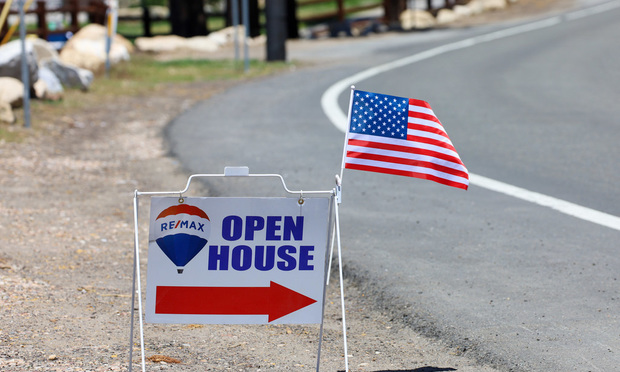The number of captive insurance companies domiciled in the United States is increasing at a growing rate, and the trend is likely to continue, with more U.S. companies establishing domestic captives, according to a brokerage study.
Vermont dominates in the United States, with more than four times the number of top global 1,500 companies than all the other U.S. domiciles combined, according to Aon's new Global 1,500 (G1500) research.
The report indicates that the gap between captive growth offshore and onshore in the Americas has narrowed.
"When you look at the world count of captives--about 4,900--a significant chunk of those (515) relate to the U.S. It's very substantial," Andrew Tunnicliffe, group managing director, Business Development, Aon Global Risk Consulting, told National Underwriter.
He added that large companies in the United States are more often establishing captives onshore, with about two-thirds of U.S. parented captives established in the last five years domiciled in the United States.
"Utilization of captives in the U.S. is significant," he said. "It's probably explained by the significant amount of foreign-direct investment from U.S. organizations all over the world and the need to have captive strategy to satisfy regulation."
The dominating onshore domicile, he added, is Vermont. "I really think there's a big first-to-market here, where Vermont got its regulation in place, got its marketing in place, was able then to compete with the offshore environment."
While a number of other states have introduced captive regulations, "the catch-up equation is quite difficult to achieve," he said. According to the study, Hawaii is the next most popular with 20 captives, followed by New York, Arizona and South Carolina.
About 12 percent of Vermont's captives are owned by non-U.S. parented companies, the report found. "That's where foreign-direct investment flow is coming into the U.S. They need to insure their assets and liabilities, and want to do it on a direct basis," Mr. Tunnicliffe said. "That is also likely to add to the growth for onshore domiciles in the U.S."
The study found that while Bermuda remains the domicile of choice for the Global 1,500 (with more than a quarter of all G1500 captives), Bermuda's biggest growth as a captive domicile was between 1995 and 2000.
Between 2000 and 2005, Bermuda grew by just 21 percent, whereas Vermont grew by 60 percent.
Findings show that U.S. companies account for more than a third of the G1500 and account for nearly half of all captives owned. Of the 10 G1500 companies with five or more captives, seven have their parent companies in the United States.
The research also highlights that, contrary to popular belief, the captive market remains underdeveloped, with more than half (53 percent) of the current Global 1500 companies not currently owning a captive.
Sectors that are using captives less include manufacturing and communications, where 55 percent and 62 percent, respectively, do not have captives. Even sectors that have greater take-up still show room for growth, the study found. For example, 44 percent of the largest financial and insurance companies and 39 percent of mining companies still do not use captives.
Mr. Tunnicliffe said in a statement that "the captive market is set to grow further. G1500 companies currently have 1,061 captives. As the benefits of captives become clear, I believe that this figure will rise to at least 1,200 by the year 2010."
Want to continue reading?
Become a Free PropertyCasualty360 Digital Reader
Your access to unlimited PropertyCasualty360 content isn’t changing.
Once you are an ALM digital member, you’ll receive:
- Breaking insurance news and analysis, on-site and via our newsletters and custom alerts
- Weekly Insurance Speak podcast featuring exclusive interviews with industry leaders
- Educational webcasts, white papers, and ebooks from industry thought leaders
- Critical converage of the employee benefits and financial advisory markets on our other ALM sites, BenefitsPRO and ThinkAdvisor
Already have an account? Sign In Now
© 2024 ALM Global, LLC, All Rights Reserved. Request academic re-use from www.copyright.com. All other uses, submit a request to [email protected]. For more information visit Asset & Logo Licensing.








